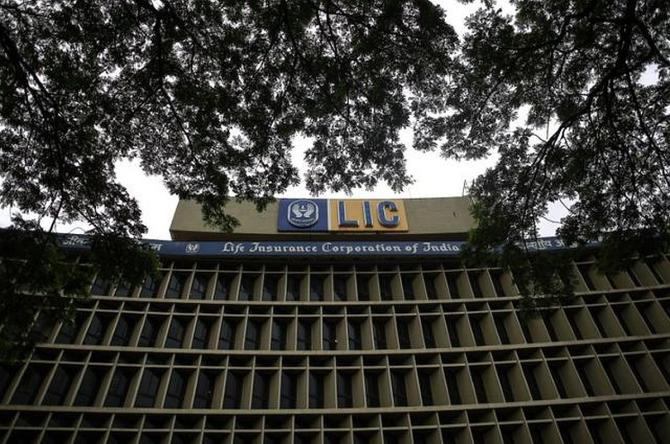The government is working towards further review and simplification of the foreign direct investment (FDI) policy to facilitate the proposed initial public offering (IPO) of the Life Insurance Corporation (LIC), Department for Promotion of Industry and Internal Trade (DPIIT) secretary Anurag Jain said on Thursday.

The final decision will be taken by the Cabinet.
The industry department is working together with the finance ministry’s department of financial services (DFS) and department of investment and public asset management (DIPAM) towards a successful listing of the life insurer on the domestic bourses, which is expected to be the largest in India.
Both departments have pointed out that the FDI policy in its current form may not be conducive for proposed investors.
“We are working on further simplification of the FDI policy, which is needed urgently as we need to do LIC divestment…
"We have had two rounds of discussions and we are on the same page. We are in the process of drafting those changes in the FDI policy. Will go to the Cabinet after that,” Jain told reporters.
Currently, 74 per cent FDI is permitted in most Indian insurers.
However, the rules don’t apply to LIC because it is a special entity created by an act of Parliament.
The Reserve Bank of India (RBI) defines FDI as purchase of a stake in a listed company that’s 10 per cent or larger by an individual or entity based abroad, or any foreign investment in an unlisted firm.
The clearance for FDI in LIC will not just allow global funds to participate in the IPO but will also open doors for a significant stake purchase after the listing.
E-commerce policy
Jain further said DPIIT has almost finalised the much-awaited e-commerce policy and it has been circulated to other departments for consultation.
Apart from that, the government will not come up with any further clarification on the FDI policy on e-commerce.
“Our stand on e-commerce is clear.
"FDI is allowed in the marketplace model and not in the inventory model. There will be no change in that,” he said, adding that the department is also working towards finalising a national retail trade policy.
Startups
Going ahead, the government is focused on creating 20,000 jobs in the start-up space by registering 50,000 new start-ups in the system over the next four financial years.
As many as 60,000 government-registered start-ups have created 650,000 jobs in the country.
The figure comes to 11 jobs per start-up, Jain said.
“The start-up movement is taking deep roots. What is interesting is that 45 per cent of all registered start-ups are from tier-II and tier-III towns,” he added.
WPI base year
DPIIT will also launch a new wholesale price index, with a base year of 2017-18. The current base year is 2011-12.
“WPI reflects a particular basket of consumption that has changed over a period of time.
"We need to tweak it in consultation with relevant stakeholders so that it reflects the reality,” Jain said.
Omicron threat and oxygen
As far as resurgence in Covid-19 cases is concerned, Jain said it may not have a major impact on the economy, barring a small blip in growth, with people being more prepared to deal with the pandemic, as well as a large chunk of population getting vaccinated.
The government has also been able to ramp up the oxygen production capacity, amid a surge in cases.
“If required, we can have 19,000 MT oxygen per day… we will be in a position to meet the demand (if the need arises),” he said.
Photograph: Danish Siddiqui/Reuters












 © 2025
© 2025